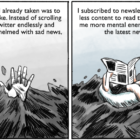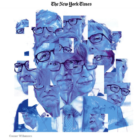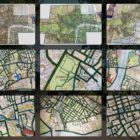Data Journalism
Explaining the Pandemic: 2020 Data and Visual Journalism Projects on COVID-19
|
Data analysis and visualization expert Hassel Fallas explains how the visual presentation of facts provided much-needed understanding amid the uncertainties of the COVID-19 pandemic. She also shared some of her favorite examples of pandemic data visualization from around the world in 2020.









